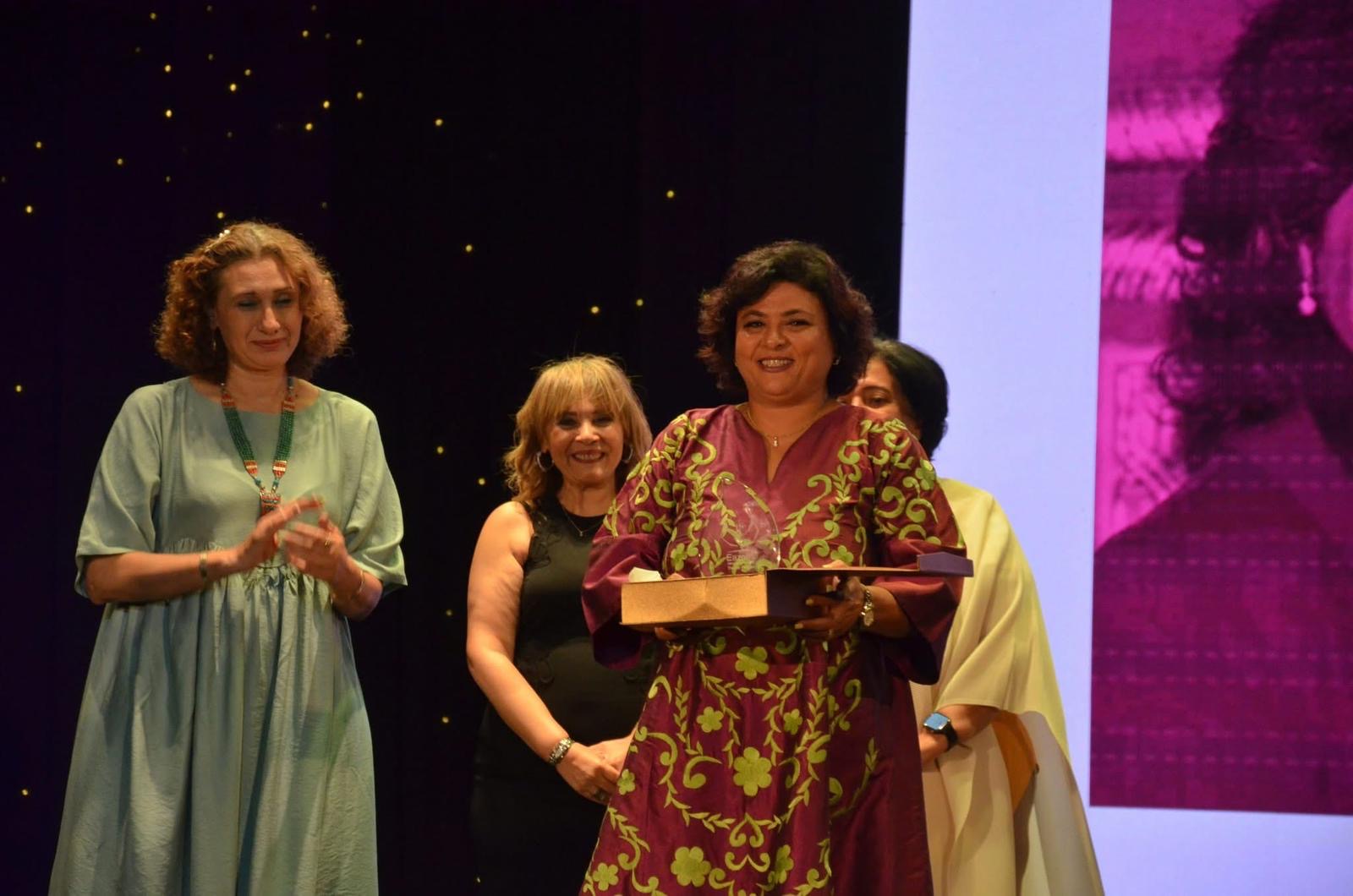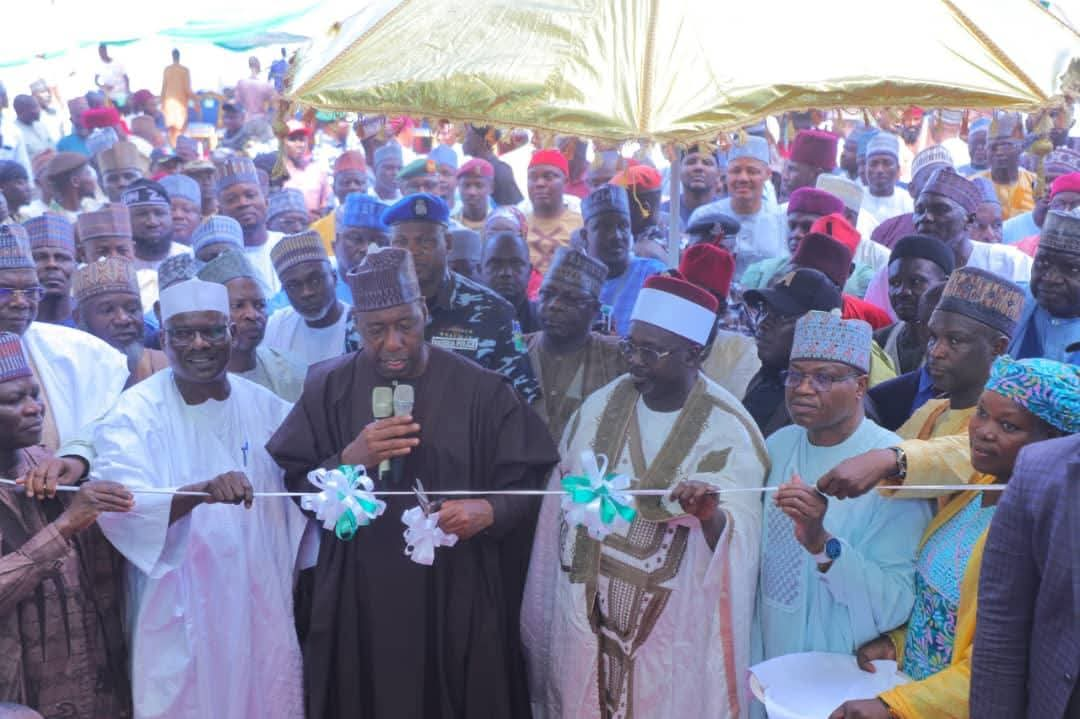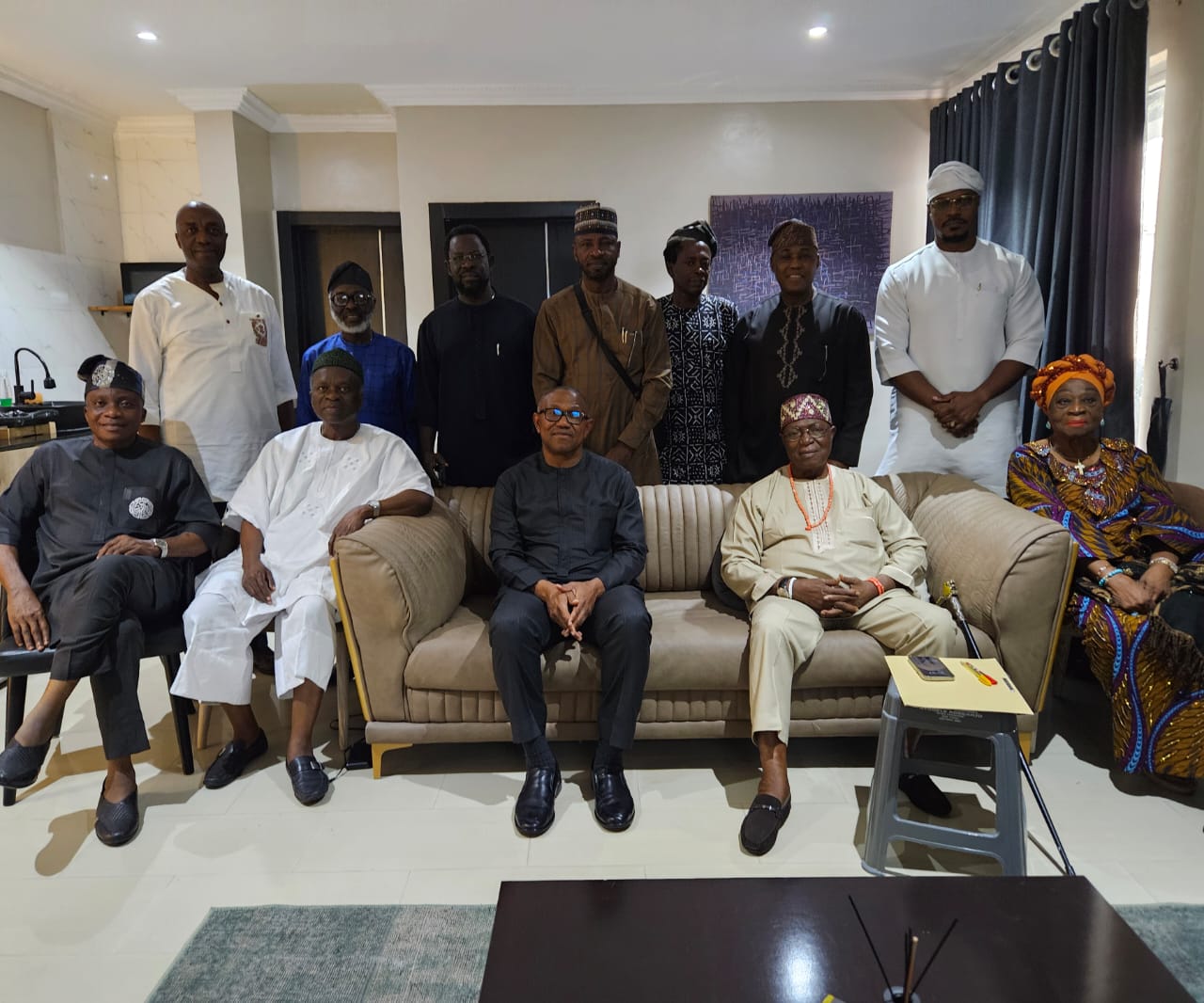By Nermin al-Houti
Copyright egyptindependent

She is no Pharaonic legend, but an icon of generosity and perseverance—she is the modern day Isis.
The mythological goddess famously fought for her husband, Osiris, and tirelessly protected the remnant of their love, which blossomed into their son, Horus.
The saga of Isis is etched onto the pages of our history, and her enduring tale continues to resonate in the halls of education, making her a symbol of a tenacious, generous woman devoted to her family.
This very spirit—that of Isis, the persevering woman—is the central theme of the Isis International Women’s Theater Festival, currently being held in the Arab Republic of Egypt.
The festival recently launched its third edition, commencing its activities by honoring pillars and icons who deeply loved and enriched the theater scene, not just in Egypt but across the Arab world.
Among those celebrated names was the brilliant director, Ola Hassan Fahmy.
This article is penned by one who has lived alongside and witnessed this icon for a quarter of a century.
Fahmy, a lifelong friend, undoubtedly deserves this award and to be called the Isis of the Age.
This is true not only for her work and creativity in the theater—though she is known for her minimal public presence, leading many to call her the “Unknown Soldier”—but because she is a tangible, influential force in the lives of everyone in her circle.
The Isis of our age, Fahmy, is passionate about her heritage, the Pharaohs, serving as both a student and a teacher of that ancient civilization. She inspires love and admiration for Egypt’s history in all who listen to her, often serving as a reference for any civilization that has graced the protected land of Egypt.
In her family life, she is a mother to everyone, embracing all who seek her refuge.
While some might perceive her as distant, in times of crisis, one finds no shelter more containing than in our Isis of this age. She is a persevering wife, loving and devoted to her husband, Professor Khaled Galal, believing deeply in his mission and creativity, and constantly supporting him.
In short, one can assert that she embodies the saying: “Behind every great man is a great woman.”
Fahmy is the benevolent mother to her daughters, yet firm in ensuring their success and future.
She is equally firm with her friends, determined to see them reach the highest positions, considering their success her own. In hardship, she is by your side. In counsel, she advises but leaves you the freedom to think – yet you often find that her opinion was the correct one.
She offers advice only when asked, granting you freedom of choice while assuring you that someone will protect you if your choice is wrong.
This is my lifelong friend, Fahmy.
In closing: a thousand congratulations on this well-deserved honor, o Isis of our age!
Author’s biography
Nermin al-Houti is an associate professor of the Department of Criticism at the Higher Institute of Dramatic Arts in Kuwait.
She holds a PhD in Philosophy of Literary Criticism and is a graduate of the Higher Institute of Dramatic Arts.
Houti is a member of the Association of Writers and the Journalists Association, and is also part of the literary arbitration committees on theater or poetry in Kuwait and other Arab countries.
She has authored numerous newspapers and magazines articles and several books on significant theatrical works examining women’s issues, the latest of which is Women’s Issues in Saudi Theater.
She has been chosen as a panelist in various significant cultural events and has participated in multiple seminars across the Arab region.



